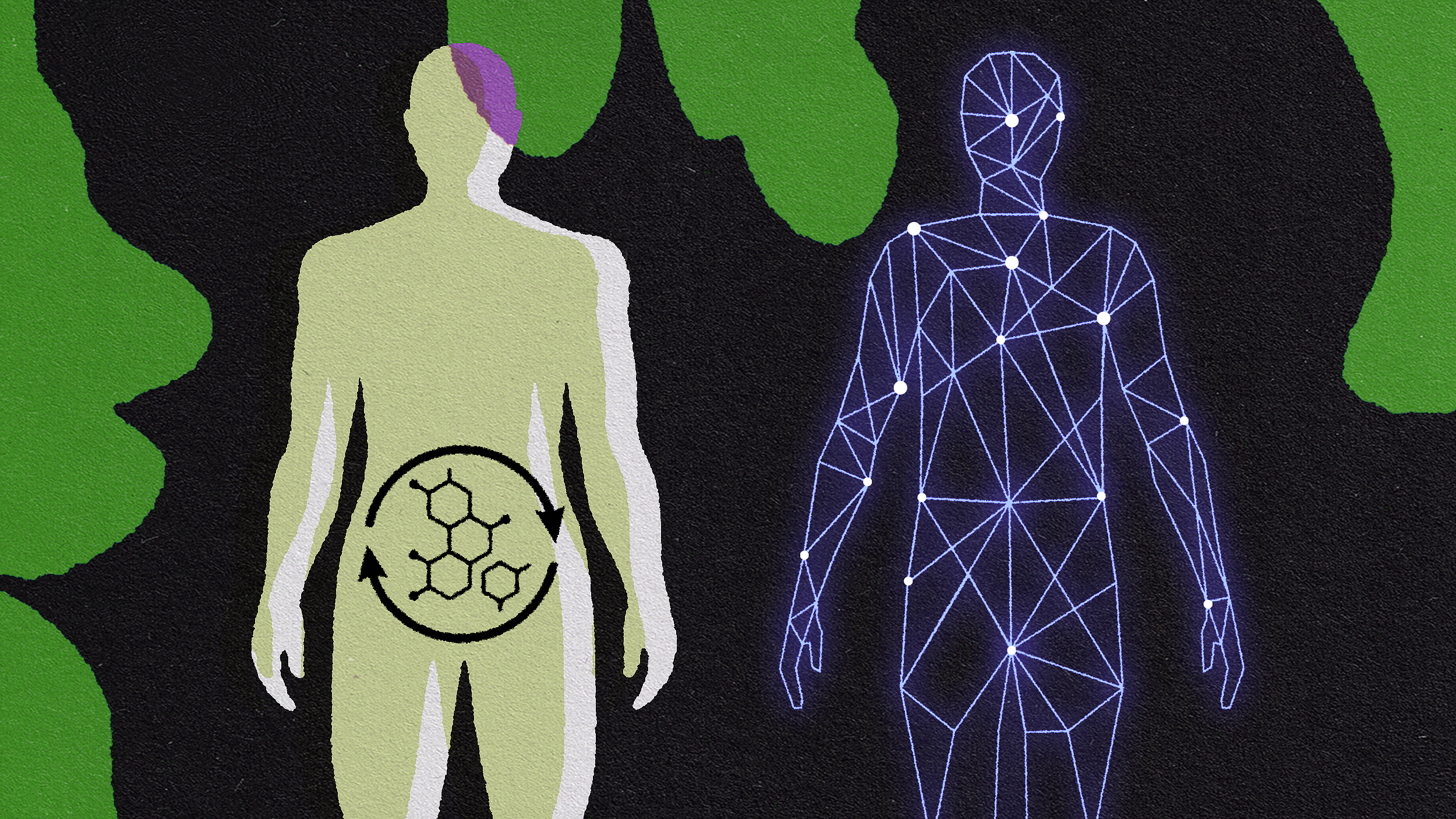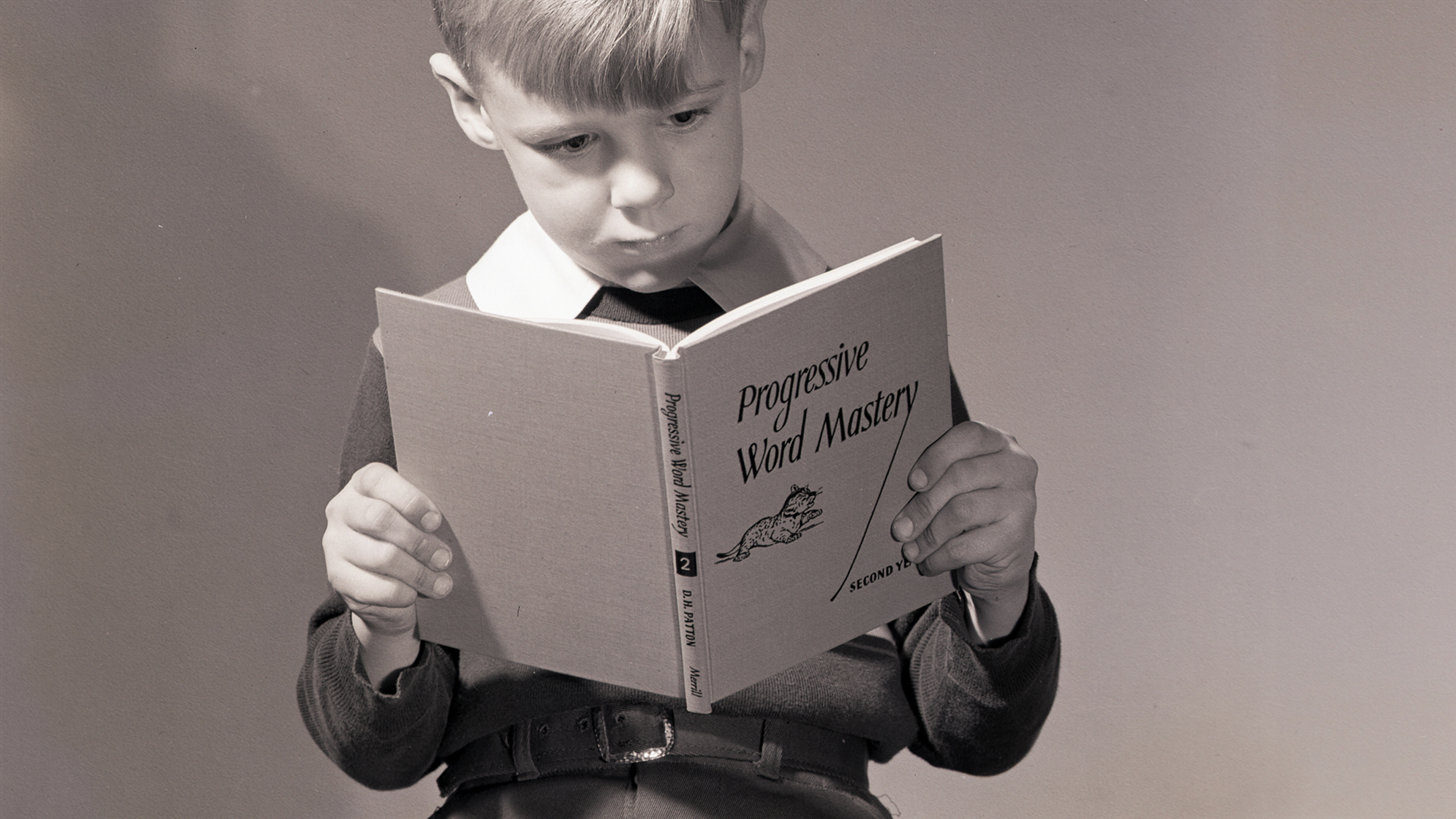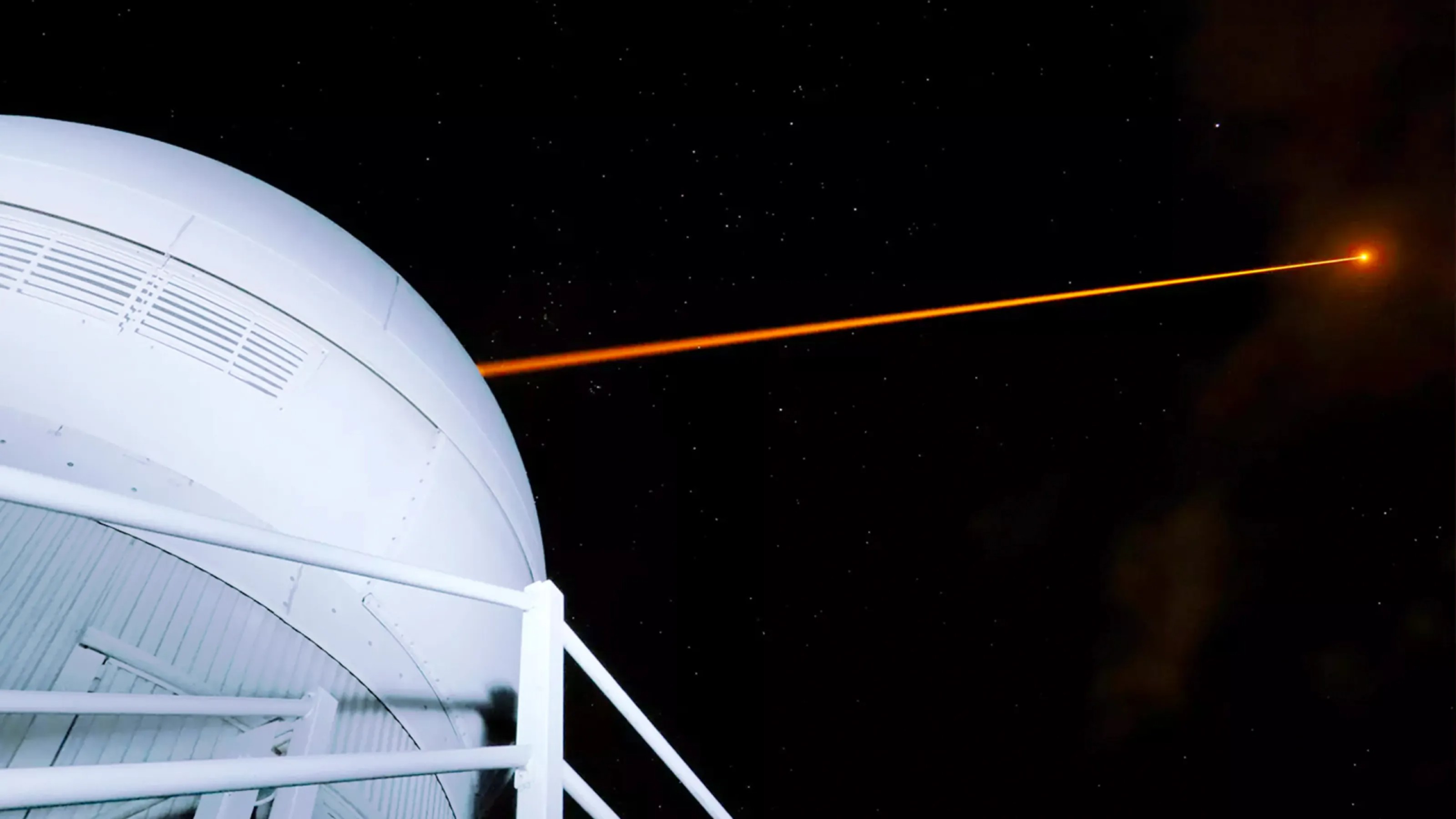This video is part of Z 17 Collective’s Future of Learning series, which asks education thought leaders what learning can and should look like in the midst and wake of the coronavirus pandemic.
DANIEL KINZER: This moment is so complex, so tricky to navigate. There are so many signs, so many signals but also even more noise and it's hard to distinguish the signals from the noise in this moment and that doesn't just pertain to the pandemic. It's true of climate change. It's true of our geopolitics. It's true of our cultural crises and our broader ecological crises.
One of the ways I like to talk about it is what's the DNA. What's the seed of the future of learning a sort of future ecosystem that we're going to grow. Where is that going to come from? What are the simple truths or key elements that we're going to grow that out of.
In Hawaii we have, well any volcanic landscapes geology has taken the word from Hawaiians. There's this concept of a kipuka. And a kipuka is a surviving patch of forest after a lava flow sort of takes over a landscape and it moves around a certain segment of forest. And that forest survives to provide the seeds and the DNA that will then go on to repopulate that landscape. Of course, other things can come in on the wind. Other things can travel by sea and arrive here in Hawaii but that's really the sort of cycle of destruction and creation and of regeneration that was taking place in the Hawaiian Islands naturally. And I think we're in a moment like that right now where we need to identify those kipuka and we need to say what is it that we're really trying to accomplish here? What is education actually for and if it is for something different than what we've been doing it for then what is that transformation look like and how do we reconcile with some of the struggle, maybe even trauma of having to go through that change, a volcanic eruption is not an okay, there's an eruption. It's a massive event and we can find teachers in so many places. I find so many of my teachers in nature. I find so many teachers in books, so many teachers who I've never had a chance to sit with, but because of modern technology I can learn from them and learn with them. So I think that ability for us to find our own teachers and the challenge setting out with the challenge of who are my teachers and who am I going to learn from. I think that's a critical decision that young people, anybody looking for a great education needs to be asking themselves and often gets overlooked. I think it's a really important ingredient. It's hard to call it the most important. There's so many important ingredients to a really great education, but that feels critical. And I think going along with finding our teachers I think there's also this search for our learning tribe. It's not just the teacher, it's not just a one-on-one interaction but it's really the community that we're learning with and being invited to intentionally form that community. And the intentionality in that is also really critical that we're making decisions and we have reasons for those decisions and we're testing those decisions and we're paying attention and observing the consequences of those decisions, modifying those decisions about what our learning tribe is.
And we're really being intentional about forming that tribe. I think finding our learning community and forming and caring for that learning community is quite possibly the most important ingredient for a great education. I think a lot of the other ingredients are sort of born out of that foundation.





